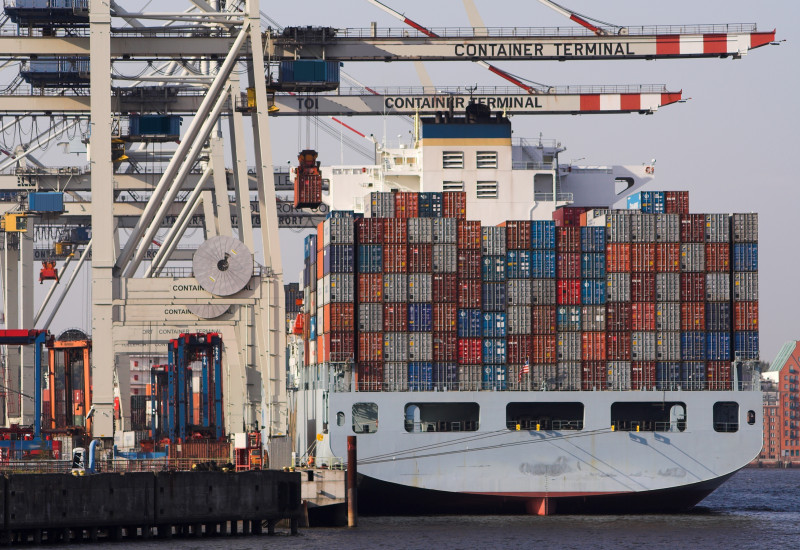HD-quality video streaming produces different levels of greenhouse gas emissions depending on the transmission technology. The CO2 emissions generated by data processing in a data centre are relatively low, at 1.5 grams of CO2 per hour. However, the technology used to transmit data from the data centre to the user determines the climate compatibility of cloud services like video streaming. read more
Video streaming: data transmission technology crucial for climate footprint









